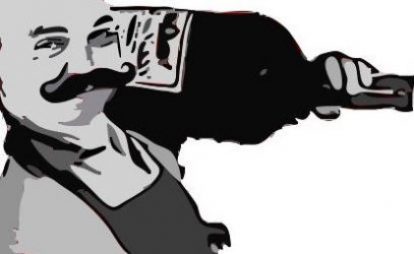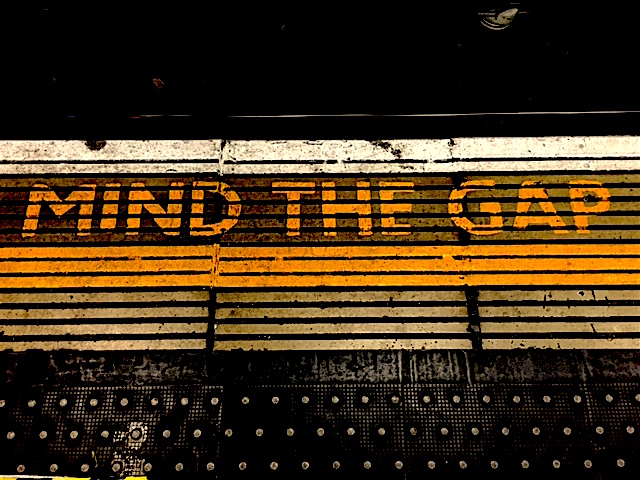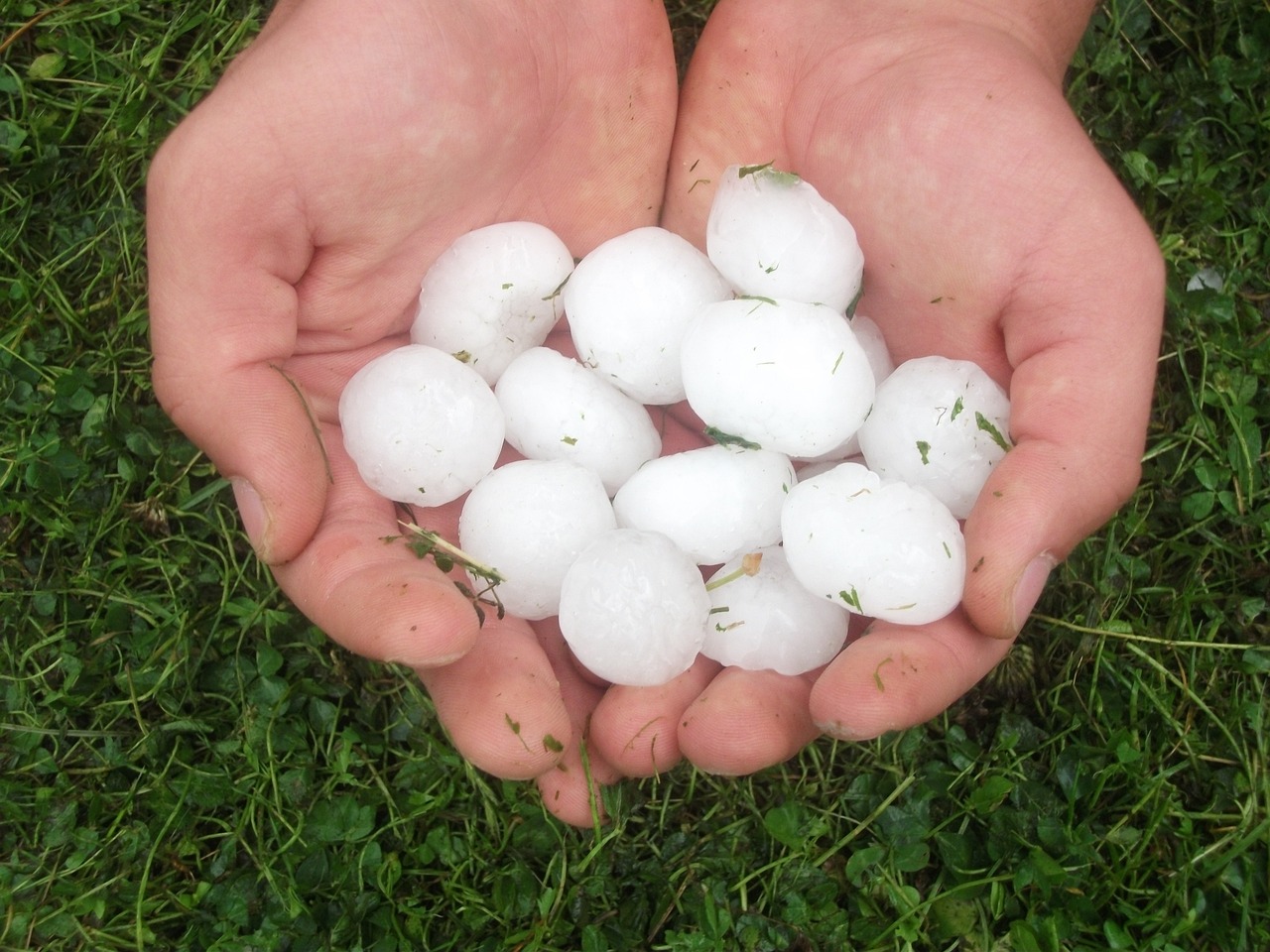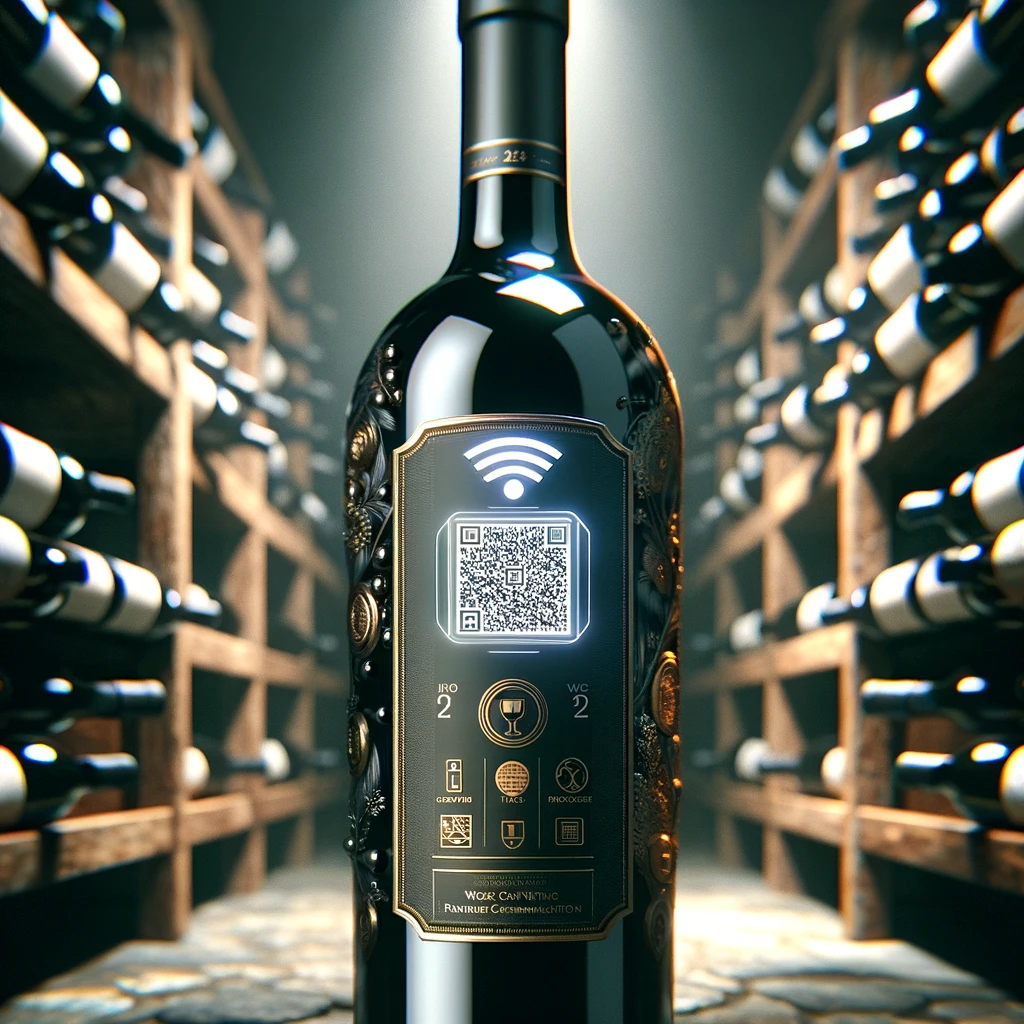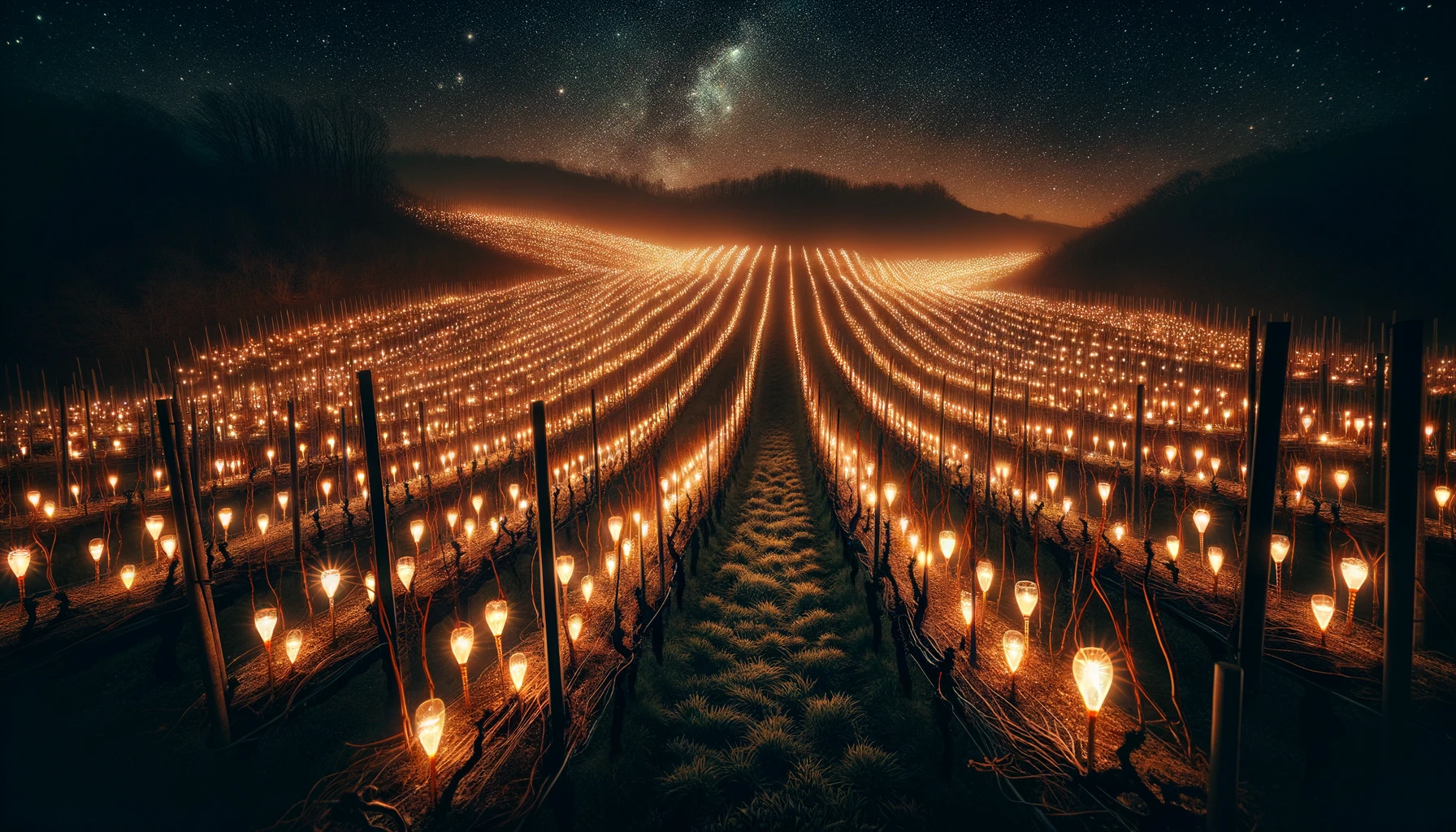It had been in the making for some time. Still, when the news broke that six Master Sommeliers had been stripped of their title, it sent shockwaves through the world of wine. Gender inequality in the wine sector is a reality as it is in many other industries and despite some progress it really might be time for some serious change. Also this week, more on the growing tokenisation of alcoholic beverages, an Irish remake of the Loi Evin together with an interesting chat about Bordeaux-style wines and vineyard classification in the latest edition of the JollyCellarMaster Weekly:
Is It A Men’s World Plus More Wine Blockchain Frenzy and New Marketing Laws
Loi Evin – The Sequel
Before we get into the big news and I lose your attention entirely, let’s get off to a slow start with everything you need to know about a new ban on alcohol advertising (though, thinking about it, I cannot believe the combination of the words ban and alcohol wouldn’t have caught your attention…).
The Irish government in 2018 passed a law in its efforts to reduce the alcohol consumption under the country’s public health (alcohol) act. After a grace period a number of measures have been implemented since November 2019. This regarded the availability, price, marketing, labelling and advertising of alcohol in Ireland. As part of this law, two years later, new restrictions have been introduced that concern prohibition on alcohol advertising in or on sports area during sports event even though alcohol branding maybe used on a players’ clothing. It also includes a complete alcohol sponsorship as well as a prohibition alcohol advertising and events in particular children, or at events in which most participants, all competitors, our children. And then there is a ban on alcohol sponsorship of events involving driving or racing motor vehicles.
This sounds very similar to the famous Loi Evin, the French alcohol and tobacco policy law passed in 1991, which drastically limited the ways to advertise alcoholic beverages and regulates marketing operations in one of the most important wine markets of the world.
The Irish equivalent is equally severe in the punishment of non-compliance: a violation of the new restrictions is an offence that could lead to penalties, such as fines of up to €250,000 or up to three years imprisonment. Yet, the question is whether it will lead to similar ripples across the wine industry as did the French law when it came into force. While Ireland is an important market for alcoholic beverages with the average person aged over 15 drinking an equivalent of 113 bottles of wine or 436 pints of beer in 2020, total wine sales in Ireland amount to only 10 million cases per year.
Digitalisation and More Blockchain Frenzy
Despite the wine sector’s well-documented reluctance to change, we keep getting back to growing digitalisation of the world of wine and as part of it the use of Blockchain technology. This week, the OIV will host a symposium on digitalisation and I’m curious about what will be discussed and the latest trends in the industry that might be revealed. Another example that shows that things are slowly but steadily moving is that of Penfolds launching a limited edition NFT tied to its rare Magill Cellar 3 barrel of wine, made from the 2021 vintage, available for purchase for US$130,000. We have been talking about both the use of NFT and fungible tokens on several occasions (just look up NFT in the search field and you’ll find all articles on the subject) and Penfolds joining the crypto frenzy in itself is just confirming that this could be a thing.
Yet, a number of questions remain and not only for the Penfolds offering, but all the different forms of tokenization of assets related to wine and its value for the industry. Some are wine specific; some are just the same as in other sectors. For example, the risk of using tokens for money laundering: the use of crypto currencies to change large amounts of money obtained from crimes into origination from a legitimate source is an ongoing concern. Ponzy schemes and defrauding investors is another where many tokens promised to make people rich but were left empty handed. The existence of liquidity only for a selected number of assets and the lack thereof for others.
All this is true in the wider blockchain universe, but applicable to the wine sector as well. For instance, are the different marketplaces where tokens get released and traded complying with anti-money laundering regulations and have efficient controls in place? Are the NFTs that promise the possibility to exchange virtual assets for real ones backed by bottles in warehouses in some remote place or will we read soon read about some police officer walking into an empty building somewhere that was supposed to be storing your wine in perfect conditions?
Then there are more wine specific questions such as the use of Blockchain technology to fight fraud. Earlier today, I came across the news that the world-record sale of a large-format of Domaine de la Romanée-Conti’s top wine has been reversed after concerns over the authenticity of two bottles which have been declared counterfeits by experts. Blockchain is often seen as the silver bullet to provide provenance and protect investors from fraud. Yet, any technology is only as good as the people who operate it and it very much depends on the implementation of it. It often appears to be me – and it’s worth saying that is not only true for the wine sector – that many of those innovative projects using some fancy new technology are not really addressing a problem but merely serve a marketing purpose. If, for example, I want to make sure that expensive wines cannot be counterfeit, a solution has to be more than just cosmetic. After all, apparently forgery proof watermarks have been reproduced by clever crooks before.
Is it a Men’s World?
And now let’s move on to the biggest news of the week, which if you come to think of it, has been in the making for a long time and relates to some structural deficiencies in the wine sector.
Following rumours of sexual harassment within the Court of Master Sommeliers America that surfaced last year and an external investigation, the organisation decided to expel six Master Sommeliers and strip them of their titles.
Among those six that will be expelled, subject to appeal, is Fred Dame, 68, who has been described as “the godfather of the American sommelier industry” and prominent figure in the Somm movies.
The allegations against the six men range from “inappropriate comments and flirting to non-consensual touching” to “exploiting a mentoring relationship for a perceived quid pro quo” was a further behaviour carried out by some of the six men; a charge which refers to male sommeliers allegedly offering letters of recommendation to female peers in exchange for sex according to a statement.
21 female sommeliers blew the whistle last year, which led to the investigation. The conclusion comes after hearing evidence from more than 80 individuals and raises serious questions about the organization and its environment itself.
Commentary in the industry spans from hopes that it would represent a turning point for the Court to declarations of obsoleteness of an organization that is out of time. The Court of Master Sommeliers has already undergone some change with the appointment of Emily Wines as chair of the board of directorsand the introduction of both Ethics and Professional Responsibility Committee and the whistleblower hotline that led to the recent proceedings.
Still, a number of prominent members have given up their pin since they no longer want to be part of an organization that appears to have problems that go beyond the measures taken. After all, of the 172 total members of the Court of Master Sommeliers America, 144 are men, which is allegorical for a wider issue in the entire industry.
While some institutions like the Institute of Master of Wine have seen a significant increase in women among the ranks of MWs, there is still a way to go before gender equality is achieved and sexism is stamped out of the wine industry as Emily Robotham wrote for The Drinks Business earlier this year. Despite the progress made towards becoming a more inclusive sector and the number of impressive women in key functions in the wine industry growing, in many ways the wine sector still seems to be a men’s world. Take the 41st edition of the competition to become Italy’s Best Sommelier hosted by the Italian Sommelier Association AIS last weekend: the top four that made the finals were all men, out of the 18 of the preliminary round only three were women. I’m not insinuating anything here, but do these numbers mean that men are more qualified (doubtful from my experience), less women choose to become a sommelier or want to participate in these events (if so in either case why) or are they simply a coincidence. Given that out of the last twenty winners of the annual competition only two were women, the latter could be excluded on statistical grounds, I suppose.
Maybe a prominent case such as that of the six Master Sommeliers will help to drive change, though I doubt it will come quickly.
Bordeaux outside Bordeaux
And lastly, to close on a more positive note, a quick heads up on the release of the latest podcast episode. My guest was Andreas Kofler, president both of Cantina Kurtatsch and the Consorzio Alto Adige Wines. We met a few weeks ago during a blind tasting of red Bordeaux-blend wines that pitched the ones from producers in South Tyrol with famous representatives from Blogheri and, you got it, Bordeaux. The results were very interesting and we had a separate conversation about why Cabernet Sauvignon, Cabernet Franc and Merlot grow well in a region that is known for its white wines and alpine climate.
We also spoke about the current situation of the vineyard classification project in Alto Adige and why it makes sense to invest in single vineyards, even it comes with some economic drawbacks. The full conversation (in German I’m afraid, but an English summary will be released over the coming days) together with plenty of information is available here, so check it out!
—
Well, that’s all for the week but if you have an interesting story to tell or simply want to chat about wine as a guest on the Podcast, connect on Twitter or drop me a line. And if you want to stay in the loop about things happening at the JollyCellarMaster and the world of wine, make sure you sign up to our newsletter.
—
Disclaimer: As always, I’d like to be completely transparent about affiliations, conflicts of interest, my expressed views and liability: Like anywhere else on this website, the views and opinions expressed are solely those of the original authors and other contributors. The material information contained on this website is for general information purposes only. I endeavour to keep this information correct and up-to-date, I do not accept any liability for any falls in accurate or incomplete information or damages arising from technical issues as well as damages arising from clicking on or relying on third-party links. I am not responsible for outside links and information is contained in this article nor does it contain any referrals or affiliations with any of the producers or companies mentioned. As I said, the opinions my own, no liability, just thought it would be important to make this clear. Thanks!
